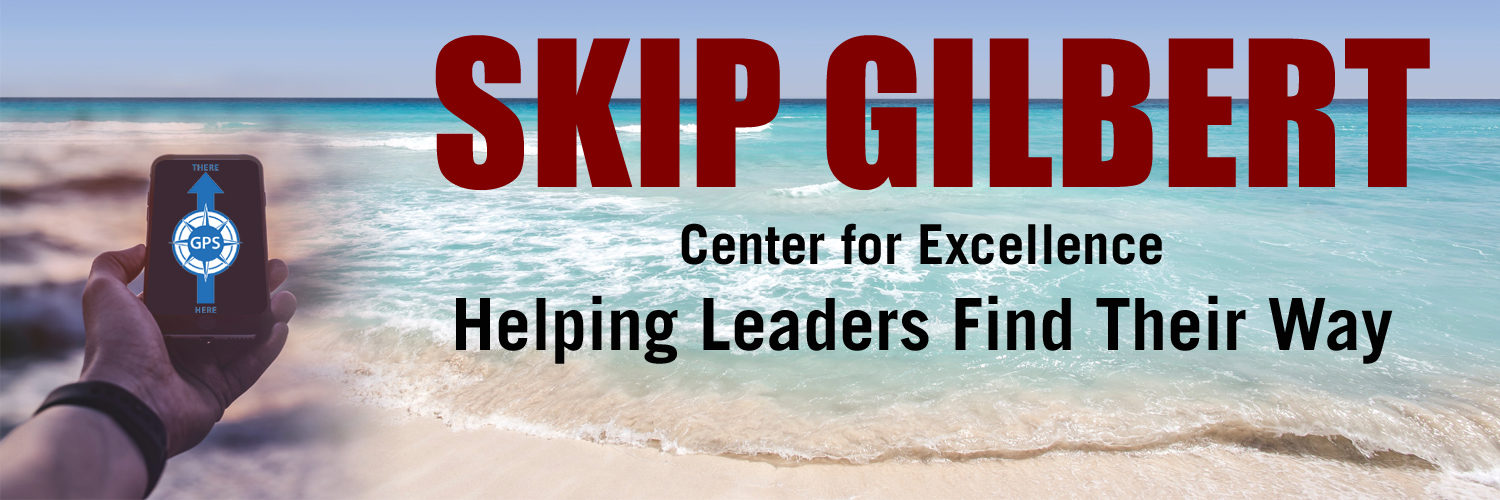Excellence is an Attitude
It is a journey

For many years I have been searching for examples of excellence and the things that lead to excellent results. Through my search I have found that excellence is not something that can be acquired through training, but it is an attitude or way of thinking. Overall it is a journey from where we are to the best we can be in every aspect of our life.
Excellence is not something learned, but a mindset of relentless pursuit. Just understanding something does not by itself change our behaviors. It is the internalization of this knowledge and the resultant change in our approach and actions that puts us on the path of excellence.
That is not to say that we cannot learn about excellence. Quite the opposite. We need to be exposed to the concept of excellence to understand what it looks like and how we think about it. Much of achieving excellence comes from an understanding of quality and setting standards as a personal best and improving with each opportunity to perform.
When we take a look at the basic definitions of a skill versus an attitude we can clearly see the difference and gain more perspective on excellence as an attitude. According to The Merriam Webster dictionary, the simple definition of a skill is: “the ability to do something that comes from training, experience or practice.” They provide a simple definition of attitude as: “a feeling or way of thinking that affects a person’s behavior.”
The pursuit of excellence is something we have to cultivate from inside ourselves. It comes from the point that we find we are no longer satisfied with our results and seek to achieve the best we can in every area of our lives. It starts the moment we finally decide to put it all on the line and see what we are really capable of producing. It is the point that we take away the safety buffer of leaving something on the table and fully applying ourselves to a result that would be better than anything we have ever done before. Discovering and dealing with our shortcomings may be a rude awakening, but it sets the benchmark for doing better next time.
Nobody can give excellence to us and there is not a course we can take to get a degree in excellence. It is only something we can achieve from within ourselves by doing better than we ever have done before. We do not have to be perfect. That standard is unattainable, but we can push ourselves to do the very best we can. It is our own race, others can keep the score but we are the only ones that can measure the satisfaction.


